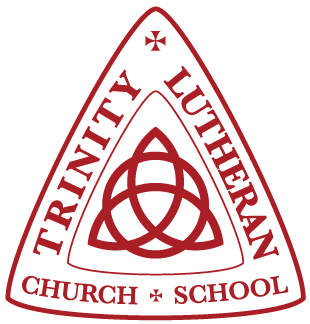“And he went into all the region around the Jordan, proclaiming a baptism of repentance for the forgiveness of sins. As it is written in the book of the words of Isaiah the prophet, ‘The voice of one crying in the wilderness: “Prepare the way of the Lord, make his paths straight. Every valley shall be filled, and every mountain and hill shall be made low, and the crooked shall become straight, and the rough places shall become level ways, and all flesh shall see the salvation of God.”’” (Luke 3:3-6, ESV)
Luke introduces the account of Jesus’ ministry with a description of His forerunner or prophet, John the Baptist just as was foretold by the prophet Malachi. John was the link between the Old Covenant and the New, for his words and ministry indicated that God was about to do a new thing, to create a new covenant, to do away with the old system of religion and Law. No longer could anyone claim to be one of God’s chosen people merely by being born a Jew or by being circumcised or by following the Law of Moses. That whole system was about to be cut down.
The chief elements of John’s message which would become central in the New Covenant are repentance and baptism. No longer would God accept animal sacrifices and grain offerings. He desires a changed life, a new heart, repentance, an admission that one is sinful and wicked and needs a Savior, a mediator. The public declaration of such an admission was proclaimed in baptism, an act which indicated that one had died to self and the old ways, and experienced a total change of life. And, as John pointed out, though the rules and regulations of the Mosaic law would become invalid, God does desire righteousness and good works. Therefore repentance must be marked by the fruit of His righteousness. He desires mercy, kindness and generosity as well as a concern for the poor and oppressed. This righteousness is the norm in the Kingdom of God.
516-931-2225
[email protected]
